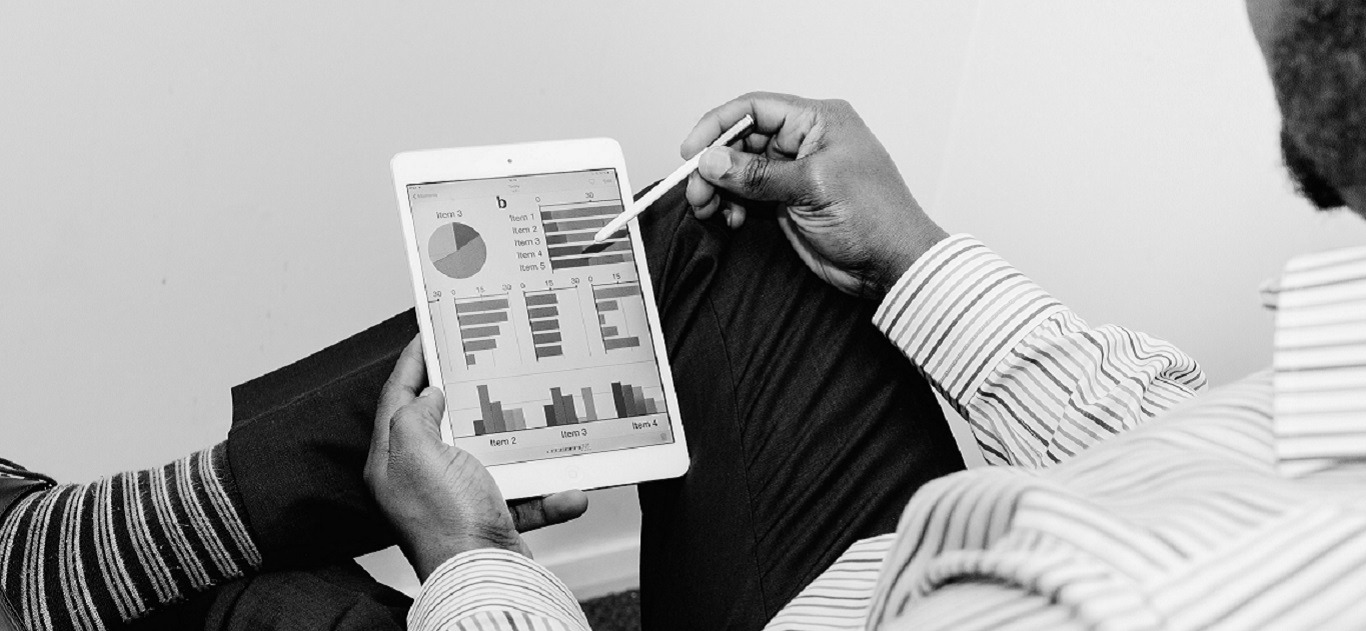Many people have described the economic and medical problems caused by COVID-19 as unprecedented. The phrase “This time it’s different” is used every time we have any kind of crisis. The reality is that it’s not different or unprecedented. There have been pandemics and economic crises throughout history. It’s just that bad events always feel more traumatic while you are experiencing them.
Eventually the virus will stop spreading, businesses will re-open, the economy will recover and people will resume their normal life. Then in 10 years time all the lessons we are learning now will have been forgotten and there will be another crisis.
So, what are those lessons?
It’s not easy to learn a lesson and follow good advice. Even the world’s greatest investor has failed monumentally at that, buying airlines at the top of the market and selling them at the bottom:
“Be fearful when others are greedy and greedy when others are fearful.”
Warren Buffet 1986
“Investors have poured money into a bottomless pit (airlines), attracted by growth when they should have been repelled by it.”
Warren Buffet 2008
“Our airline position was a mistake. Berkshire is worth less today because I took that position than if I hadn’t. The world has changed for the airlines (travel demand will be a lot lower in future).”
Warren Buffet 2020
It might be a long time before global borders are open and airlines return to the level of business they had previously. But that doesn’t mean it won’t be possible for airline Investors to make a profit. If you can buy the shares cheaply enough and they stay in business you will make money eventually. Clearly it is high risk and not everyone has the stomach for that.
As a result of this loss of travel demand, the price of oil has collapsed and many oil service companies are insolvent. Retailers, Hotels and Tourism operators are also insolvent. Landlords and the banks that lent to them will also suffer due to this crisis.
If all your money is in one property/company/industry and it goes bad then you lose everything. Richard Branson has gone from being a billionaire genius to potential bankrupt in the space of 2-3 months.
If you put all your money in the sharemarket index 1 year ago you have lost 10-15%. If you used a balanced diversified portfolio it’s only down around 5-10% over the last 12 months.
The biggest message has been to reinforce the old adages:
- Don’t panic when the market goes down.
- Don’t put all your eggs into one basket.
- High returns equal high risk.
- Invest for the long term.
It’s easy to say that if you panicked in February, sold all your shares and stocked up on toilet paper that would’ve been a smart decision. An even smarter decision is to be properly prepared so that you never need to panic.
So, what should you do about it?
It’s very tempting to say not to invest in those industries and that’s exactly how I have been thinking the last few weeks. It seems obvious that they will underperform going forward. However, the prices have gone down so much that maybe they can still deliver good returns.
The reality is you don’t need to analyse the market and calculate which companies are good value or not because thousands of other people are already doing that. Share prices have already adjusted for those expectations.
For every person who thinks the price of oil will stay low for years there is another who thinks that oil demand will recover faster than the ability of failed oil companies to resume their production.
The easiest way to maintain peace of mind is to not be greedy, use a sensible conservative asset allocation that is suited to your requirements and not dwell on factors that are outside of your control.
Planning for the Future
There will be more market crashes in the future. There will probably be more pandemics and other environmental catastrophes. The important thing is to learn the lessons and not forget them. It’s easy to use a sensible strategy to deal with it and you don’t need to beat the market to be successful.
Make sure you understand the risks that you are taking. Don’t take risks that you can’t afford. Sydney residential real estate has delivered fantastic returns over the last 10 years but if you and your tenant both lose your jobs at the same time, that negatively geared property investments starts to look very foolish in a hurry.
Specific Action Plans
Right now, we are going through a process of reviewing each client, making sure that they have the cash they need and re-balancing their portfolios back to the sensible asset allocations that we have always used.
If you would like a review of your portfolio, please get in touch.

